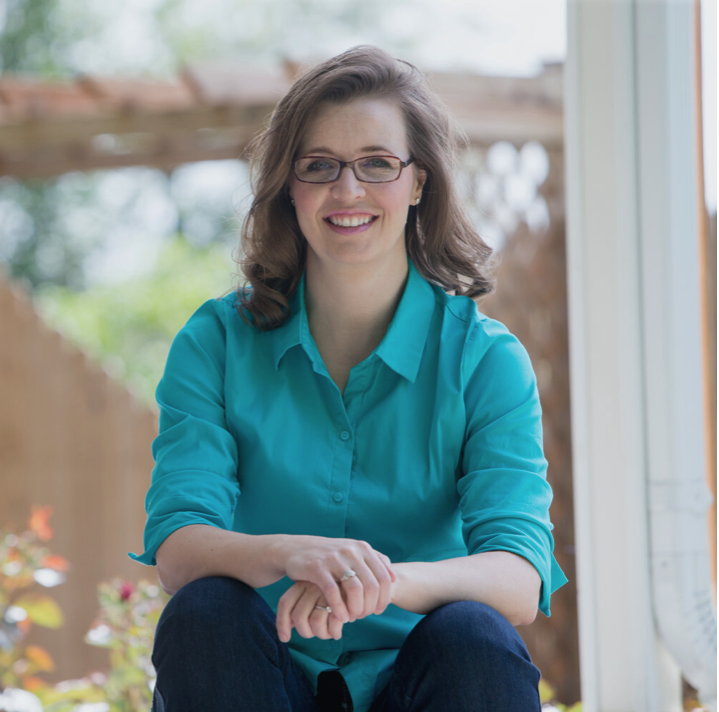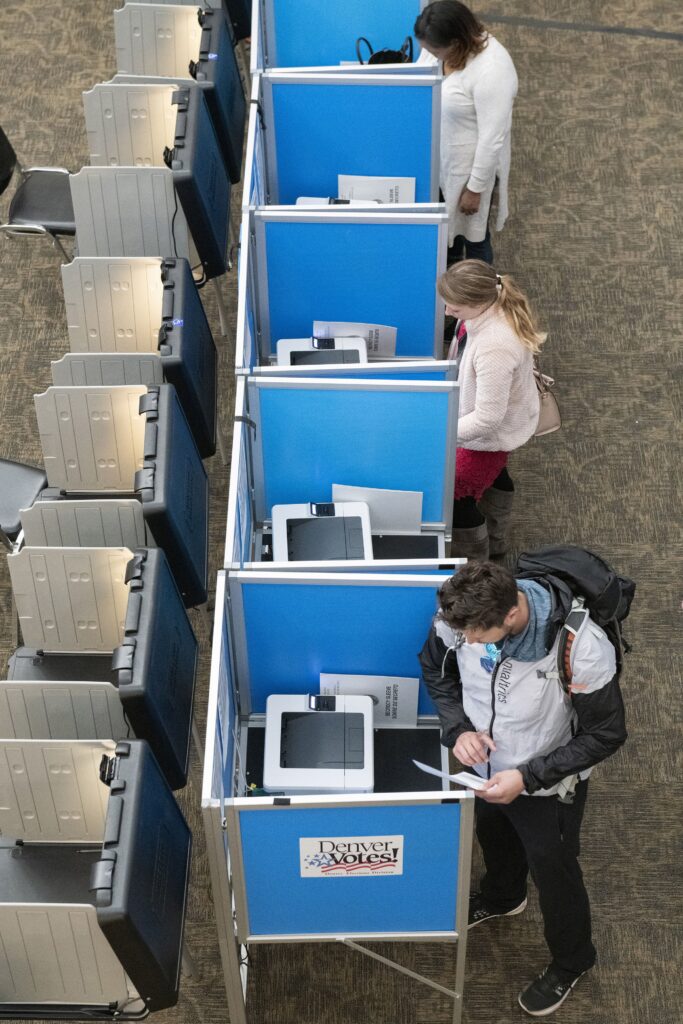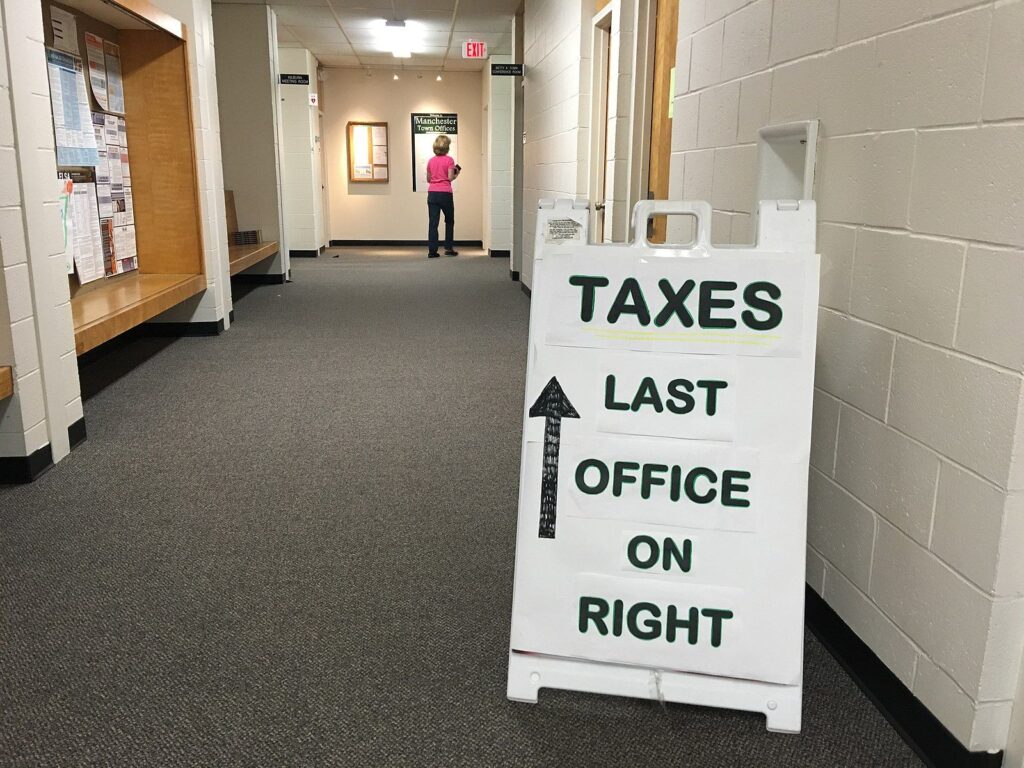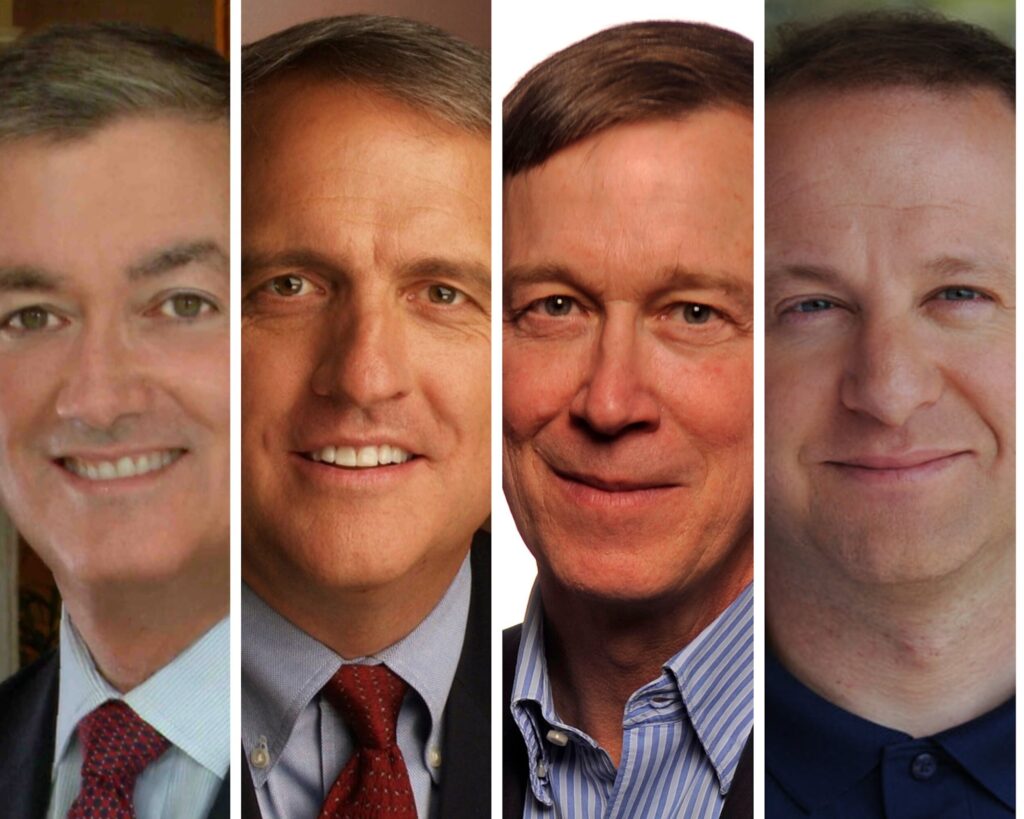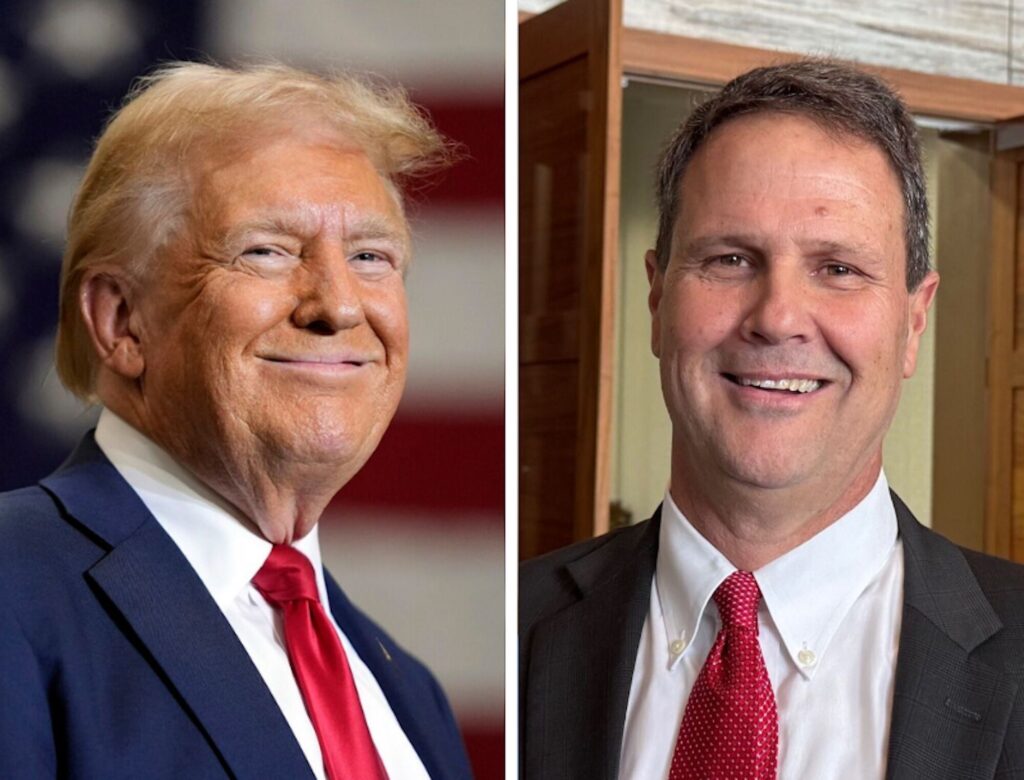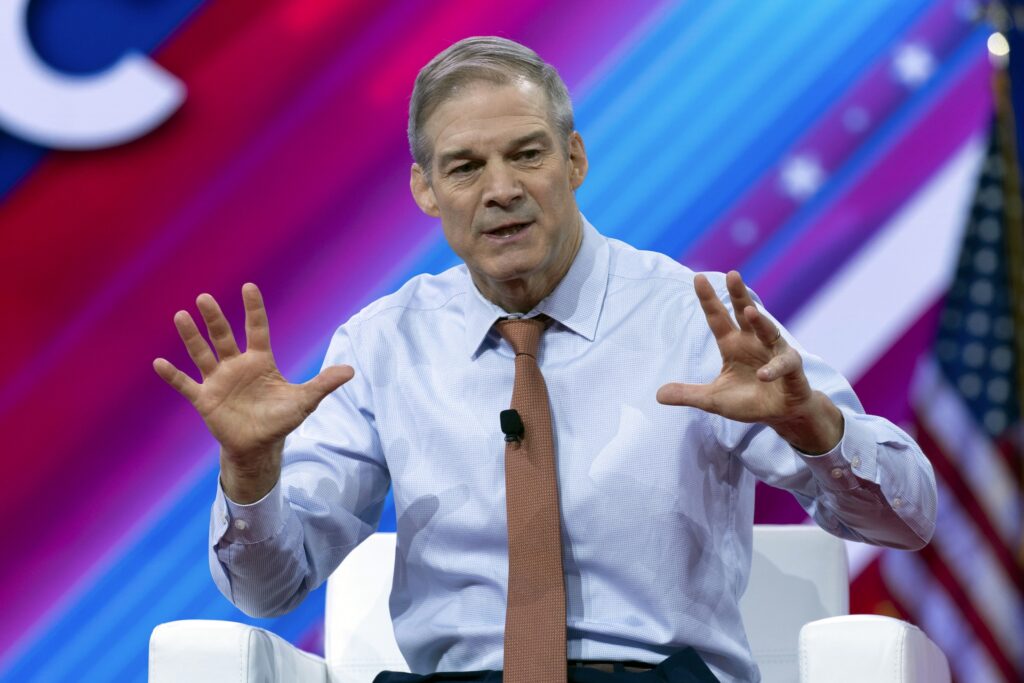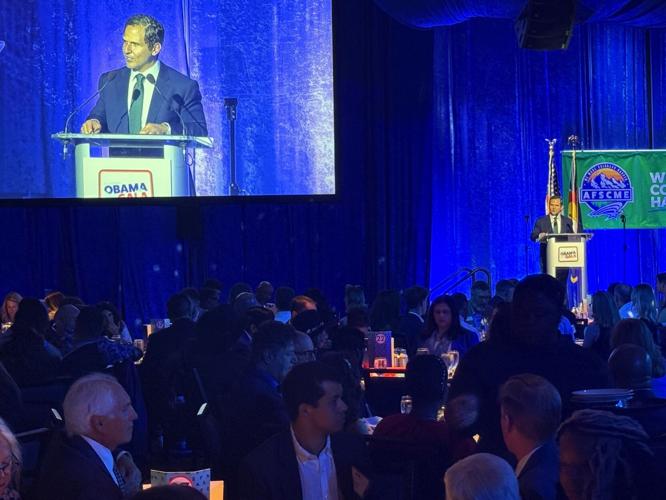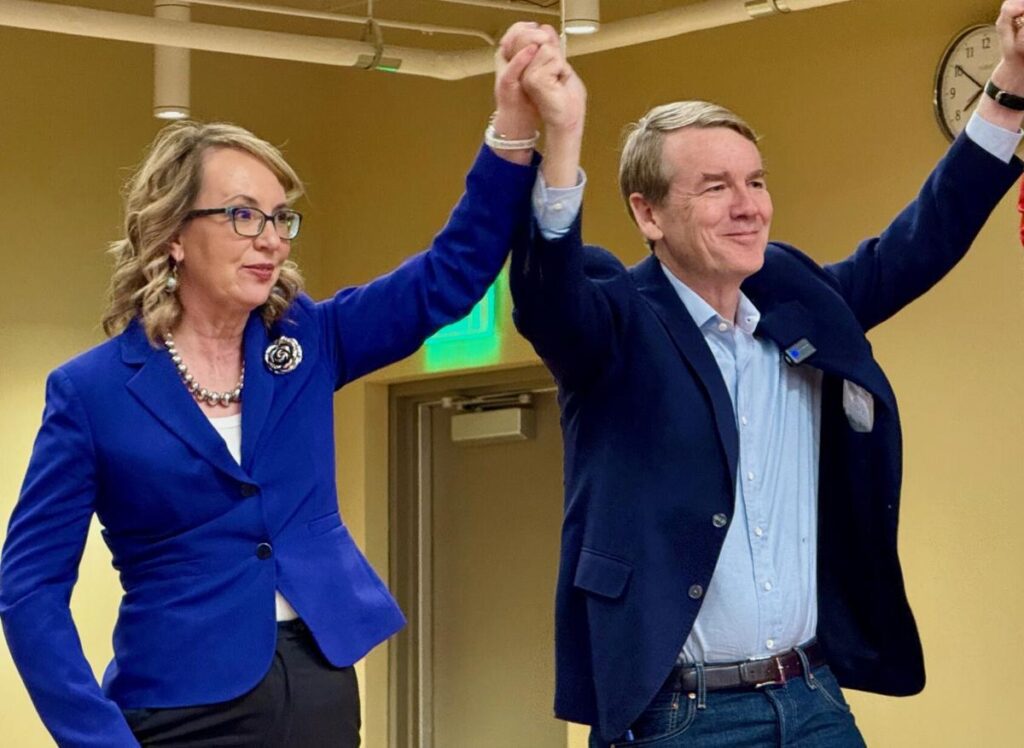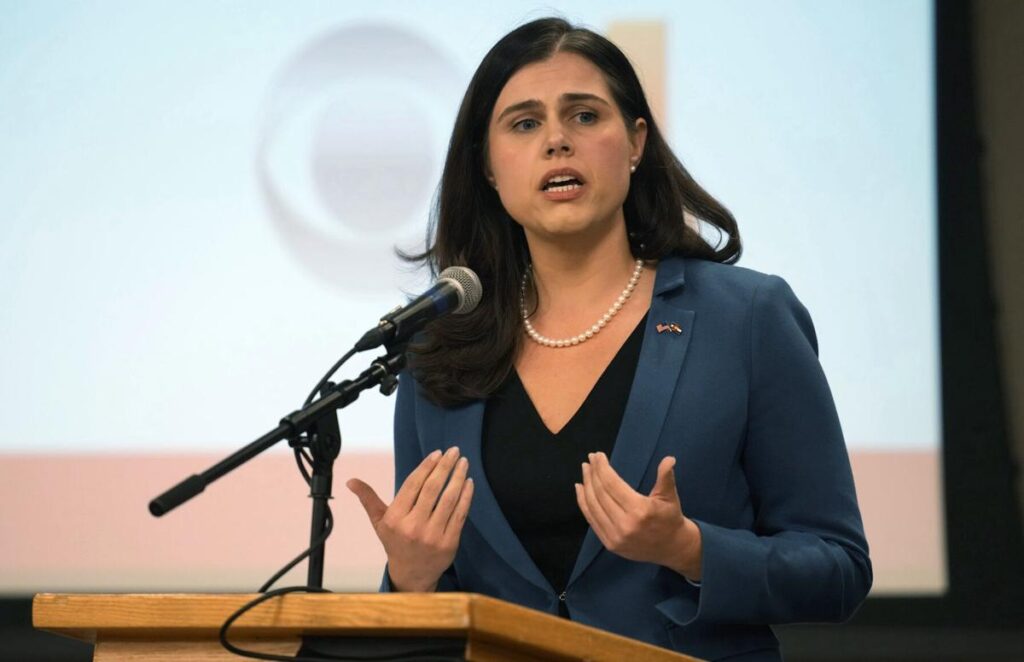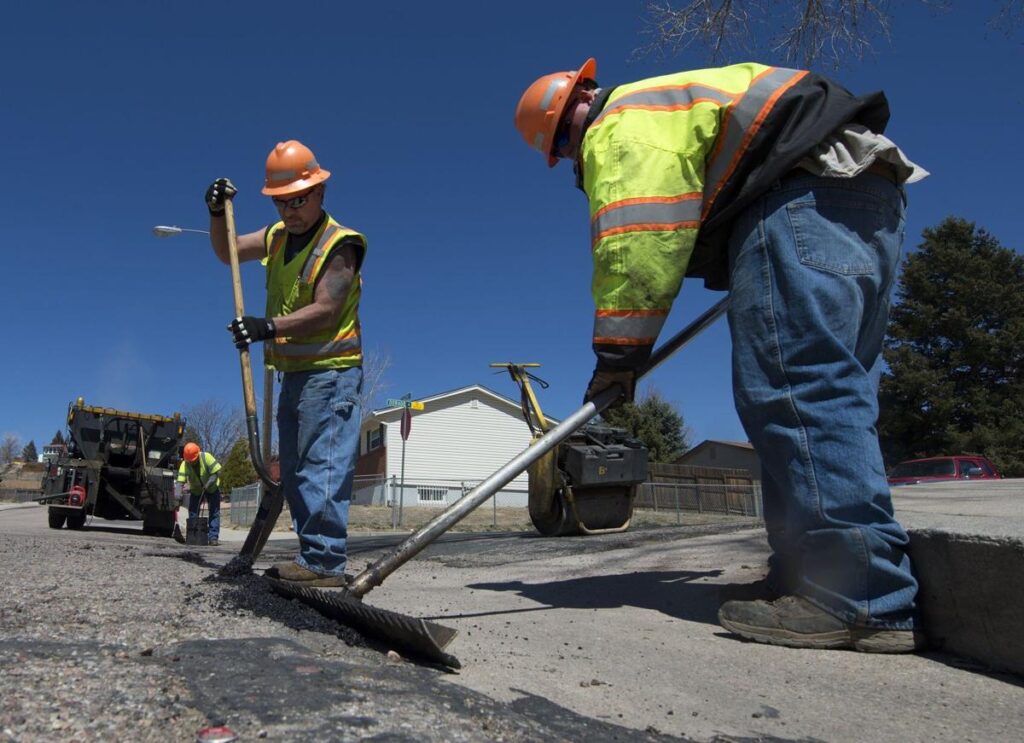Departing Colorado state senator reflects on how an election year affects policymaking
To many, this year’s legislative session in Colorado served as a much welcomed departure from the chaos of last year, and the looming elections likely played a role in shaping the dynamics at the state Capitol.
Sen. Rachel Zenzinger, D-Arvada, who completed her final term as a legislator and is running for Jefferson County Commission, said the election has influenced everything from the way lawmakers acted, the bills they introduced, and the messages they sent to their constituents this session.
Notably, Zenzinger pointed out the marked rise in cooperation between parties, something she said was hard to come by last session.
“I think people are recognizing that when you’re this close to an election, maybe you should try and get along, and if you do, then you’re gonna be able to achieve more so that you can go back to the voters and demonstrate that you followed through with the commitments that you made,” she said.
While the fights were less frequent — though they certainly still happened — Zenzinger said she was most surprised by the number of bills she referred to as “compromise deals,” which sought to address a range of issues from climate to property taxes, that emerged in an apparent effort to avoid certain initiatives from either materializing on the ballots this November or counteracting them if they do.
“There are a lot of those, ‘Let’s see if we can solve this problem here so that we don’t have to fight it later at the ballot box’, and I think that’s a reflection of it being an election year,” Zenzinger said.
The senator observed that many of the bills that ended up sparking fierce debate within the chambers centered around social issues, such as immigration and the transgender debate. She said one of the bills she sponsored this session, a “bill of rights” for youth in the foster care system, would normally have no problem garnering Republican support. However, she believed that because it’s an election year that Republican lawmakers focused on provisions of the bill related to LGBTQ youth
Zenzinger said she was “quite surprised” that so many Republicans opposed the bill and mentioned the prevalence of introduced bills relating to “hot-button issues” such as book bannings and shootings.
“I think [legislators] were trying to make a distinction between who’s a Republican and who’s a Democrat on those social issues,” Zenzinger said. “But then on the practical issues, I think we came together in a historic way.”
During the debate on the bill, Republicans said they fear the legislation would diminish the number of families actually willing to open their homes to foster children. In particular, Rep. Brandi Bradley, R-Larkspur, worried it would lead conservative Christians, whom she said account for nearly half of all foster parents, to stop fostering.
“You’re gonna get rid of them now,” she said. “They’re gonna be done, which is probably the goal. The state continues to pass legislation to promote LGBTQ+ at the expense of individual choice and liberty, often forcing a conflict with deeply held religious beliefs.”
“It says that if I’m a foster parent, I have to affirm any LGBT mentalities,” Rep. Scott Bottoms, R- Colorado Springs, also said. “That is not OK, and that is exactly what this bill does and says. It takes away religious freedom, it takes away parental rights, it takes away Christian rights, and it takes away the ability of a foster parent to actually try to bring structure to these children’s homes.”
As one of three remaining Democrats in the legislature who were in office prior to their party gaining the majority in the Senate, all of whom have just wrapped up their final session, Zenzinger worries about what the future may hold for members of both parties. Being in the minority teaches a legislator how to cooperate and compromise with the other side, skills that some members have not consistently demonstrated, she said.
“One thing that I do worry about is that you have a handful of moderate Republicans and Democrats, and I include myself in this category, who are exiting the legislature, and that moderating effect, I think is a big part of the reason why you had so many bipartisan bills,” she said. “Every bill that I sponsored at the legislature, except for one, I had at least one Republican vote, at least one Republican co-sponsor, or at least a prime Republican sponsor.”
She added: “I just worry going forward; with those moderates exiting the Capitol, we don’t know who will fill our shoes.”
Colorado’s state primary elections will be held on June 25. The general election is on November 5.


